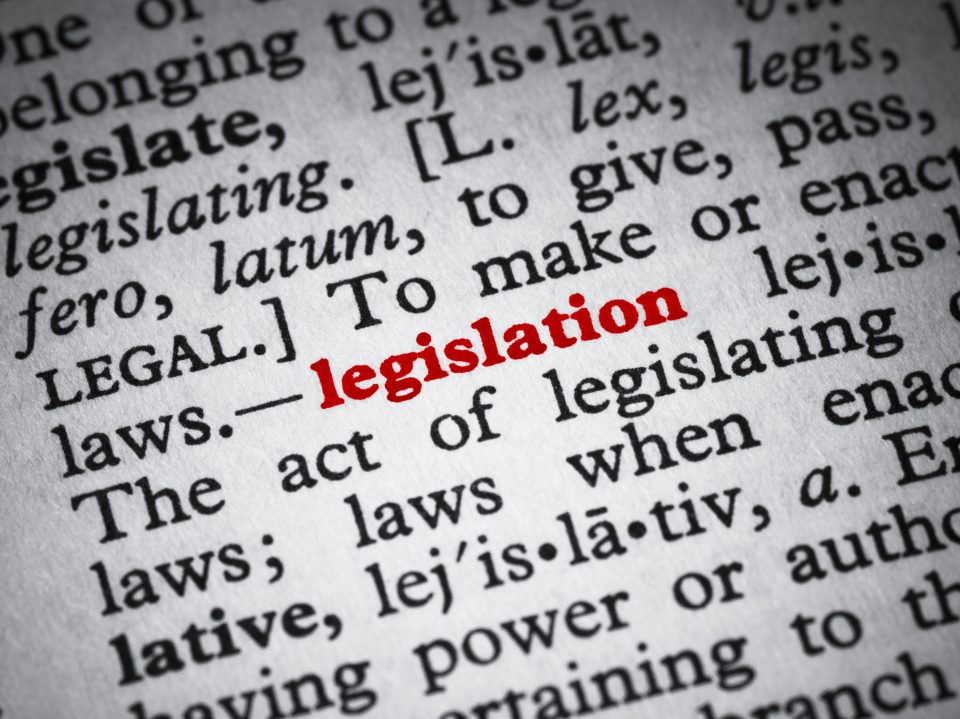The franchise business model is a popular way to do business across Canada. Each year, thousands of Canadians go into business for themselves, but not by themselves by investing in a franchise.
Some provinces have a legal framework that sets out how the relationship between franchisees (those who are investing in a franchise business) and franchisors (those who own the rights and trademarks of the franchised business and license them to franchisees). The intent of the legislation is to help ensure that prospective franchisees are making an informed investment decision; once they have joined a franchise system, the legislation encourages franchisees and franchisors to deal with one another in good faith. Franchise law helps ensure franchisees receive certain information in order to make an educated decision about investing in a franchise business.
Currently, franchise legislation exists in Prince Edward Island, New Brunswick, Ontario, Manitoba, Alberta, and British Columbia. In provinces without specific franchise legislation, the franchise business relationship is usually governed by general business laws.
For prospective franchisees, there are the components of franchise legislation that will have the largest impact on them right away. Franchise legislation helps potential franchisees make more informed decisions by requiring franchisors to provide serious franchisee candidates with disclosure documents. A franchise disclosure document is a written resource designed to provide franchisees with vital information that they need in order to make an informed decision about investing in a franchise opportunity. Franchise legislation usually outlines what information needs to be included in disclosure documents and how they may be delivered to prospective franchisees. Under legislation, franchisees are prescribed a certain amount of time to review the disclosure documents, usually 14 days, and consult franchise professionals, such as a lawyer, accountant and banker, to go over the documents in detail.
A typical franchise disclosure document may include information such as:
- Background on the franchisor—history of the company, what it offers and how it is operated, how long it has been in operation, how many units/franchises it has, other brands it operates
- Background on the key players within the system, such as its directors and officers, and anyone the franchisee would deal with
- Any history of litigation, civil actions, convictions, bankruptcies, etc. of the franchisor and/or its directors and officers
- A summary of the trademarks and other intellectual property that are licensed under the franchise agreement
- A summary of the costs and fees required to start and run the franchise business
- An outline of the training and ongoing assistance provided by the franchisor
- A list of current and former franchisees and their contact details
- Financial statements and other fiscal information
Legal experts encourage prospective franchisees across Canada to request a disclosure document, as franchisors should be willing to share the information with serious prospects.
Franchise legislation also provides for rights for established franchisees, such as the right to associate and share information with fellow franchisees.

